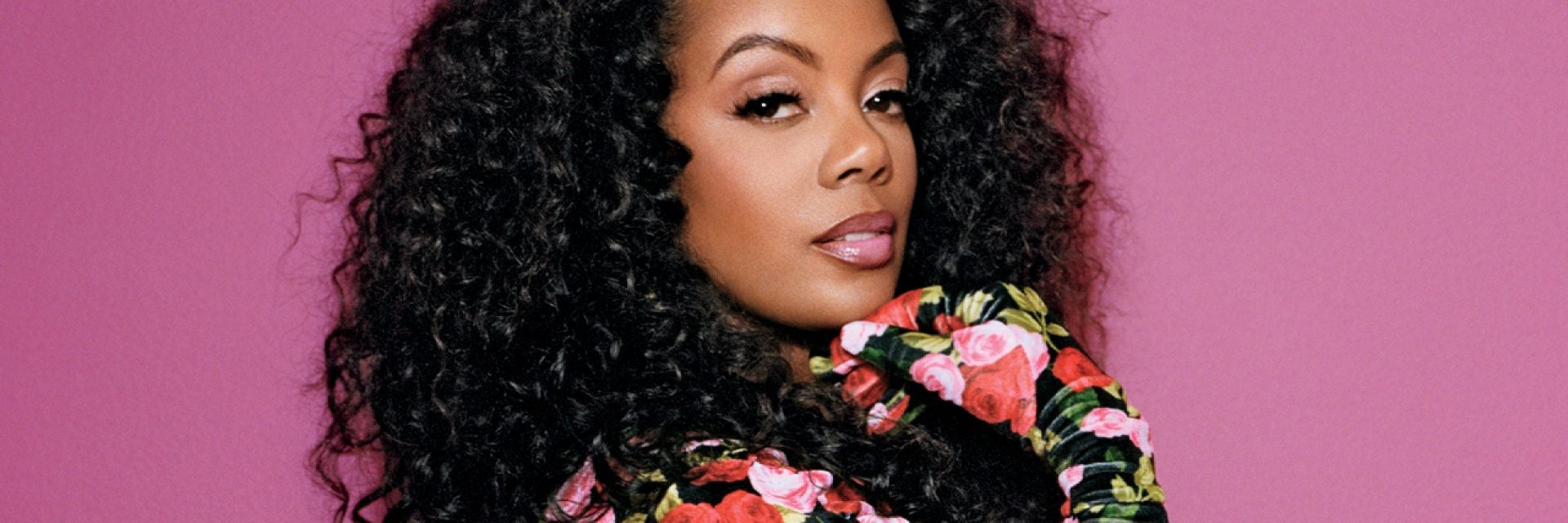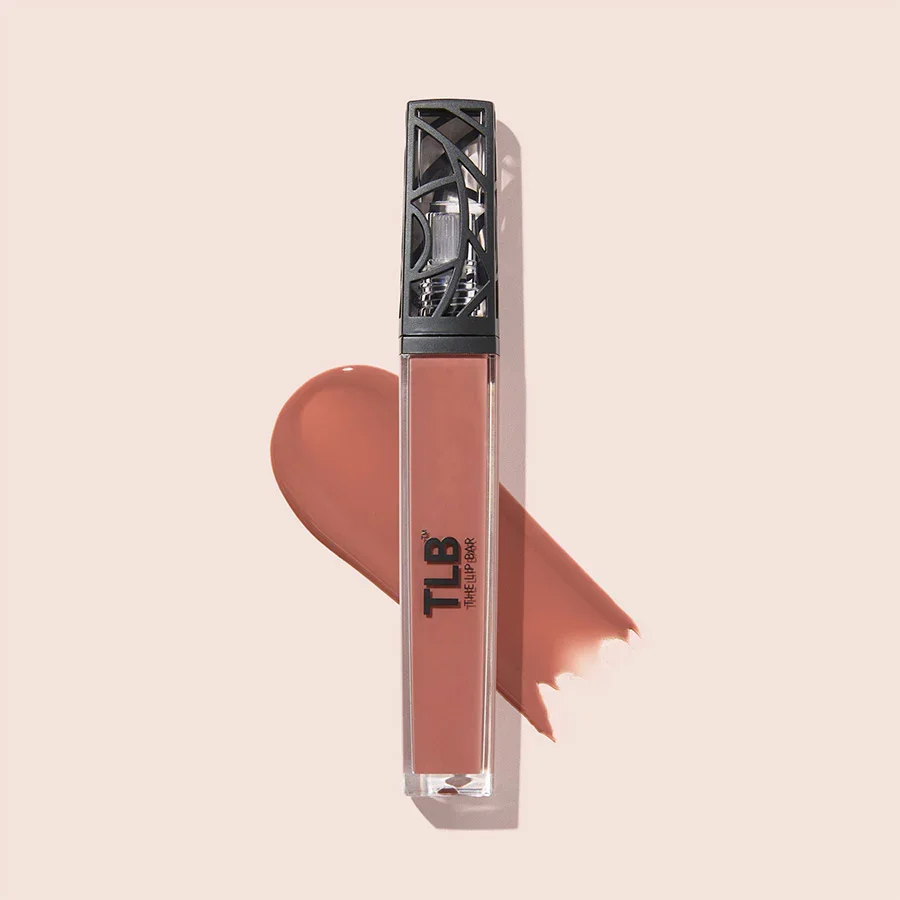There’s nothing more controversial on a Black woman’s body than our hair; it’s linked to our existence—solid but fragile, controversial yet misconceived. From the beginning, our hair has intrigued the masses. It has been mocked, attacked, debated and portrayed as undesirable—while other attributes, such as full lips and thick hips, have been lauded, particularly when found on non-Black women. States have had to pass legislation to protect Black hair. Given our vulnerability to negative judgment, we have subconsciously safeguarded products and practices that are special to us. However, the clear sectioning of natural hair products in retail establishments raises a common question for stakeholders: Why are products that cater to Black women’s hair assumed to be less marketable across a wider consumer base?
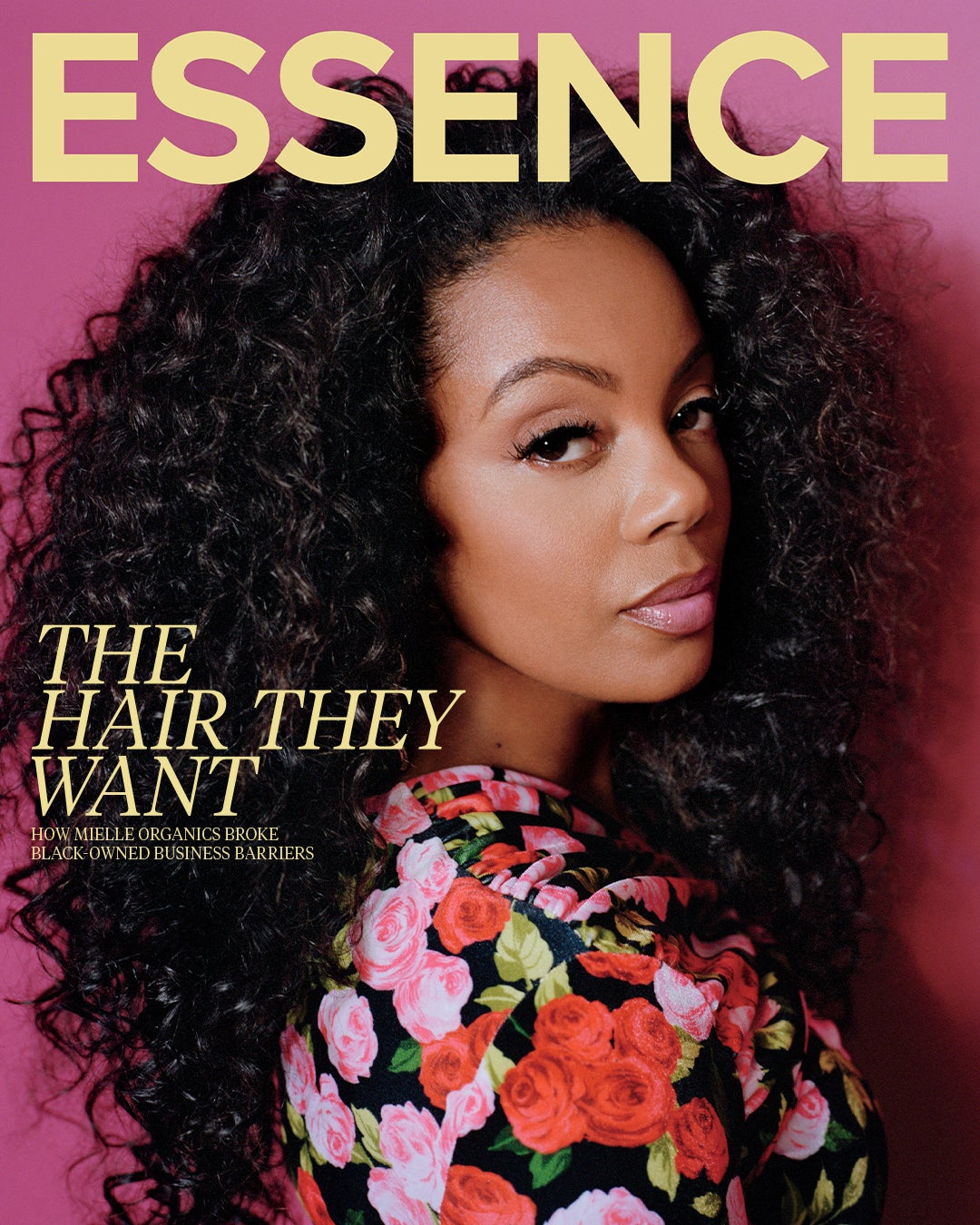
While Black women use many products, not all hair creams, custards, sprays and oils are created equal. When we search for hair necessities at the beauty supply store, the “textured hair” aisle is often home to products specifically crafted for Black women’s kinks and curls. Although not exclusively tailored to this hair type, they sit in a segregated class on shelves intended to appeal to women with thicker tresses. A number of trusted brands, like SheaMoisture, Miss Jessie’s and Carol’s Daughter, have become staples—cultivating an understanding within the community that if nothing else works, these will protect our crown.
Almost a decade after its inception, Mielle Organics has joined this pocket-size bunch. Founded in 2014 by husband and wife Melvin, 41, and Monique Rodriguez, 39, Mielle is the latest Black-founded brand to build a loyal following among Black women. “When we entered into our first retail partnership, which was with Sally Beauty, it was a proud moment and a surreal experience,” Monique tells me on set in Miami. “I still remember the day I went into the store and saw my products on the shelf. It was a dream come true.” On January 11, 2023, ESSENCE reported that the hair care brand had joined forces with P&G Beauty, the corporation behind Gillette, Febreze, Olay, Aussie, Pantene and many other recognizable brands. For the couple, the partnership came with a number of benefits—most notably, the ability to scale their products. “We understand that many consumers still lack access to our products,” Monique says, “and for us, our partnership with Procter & Gamble is about creating more access, so our customers don’t have to drive miles and miles but can get their favorite products at their local stores.”
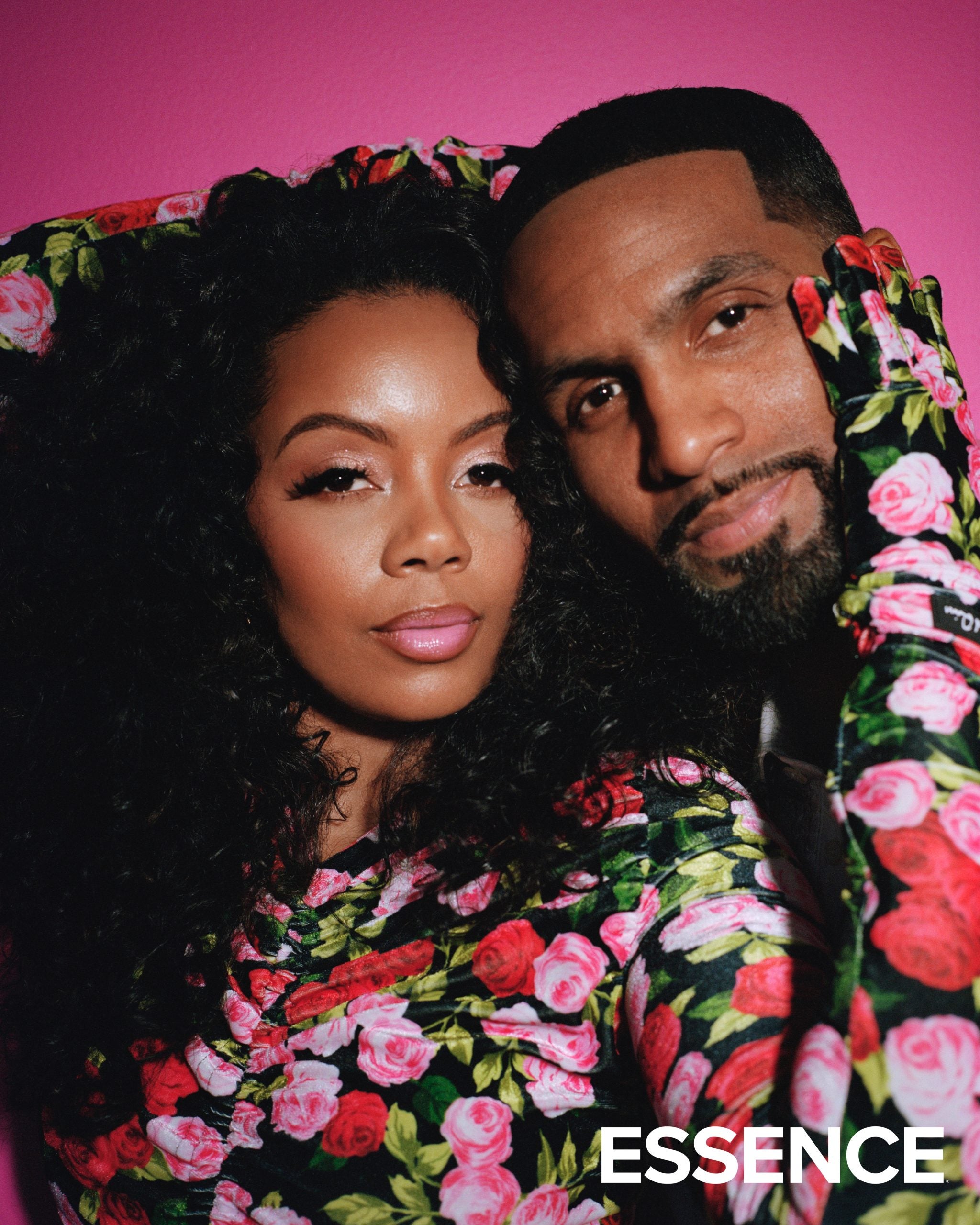
Monique started Mielle in her kitchen, after her hair suffered heat damage caused by straightening tools. With the support of Melvin, the brand successfully made the jump from kitchen counter to store shelves. “As a husband, I supported the idea and the vision, and I said, ‘Monique, let’s do it. Let’s go forward,’ ” Melvin recalls, noting that he and Monique seamlessly complemented each other’s areas of proficiency. “Monique has a specific skill set in health and science—she was previously a nurse—and my skill set is geared around logistics, engineering, technology, all those things,” he explains.
Utilizing their shared expertise, almost 10 years later they’ve established multigenerational wealth that will not only benefit their three children but also their community. While their partnership with P&G represents a new reach for Black-owned hair care products, Monique wants to ensure that the business she and her husband created will remain true to its origins. However, a Black business going macro is hardly ever received well by the masses. For example, when Honey Pot, the Black-owned feminine hygiene company, changed its formula, the Internet immediately accused the brand of selling out—when in reality, the owner, Bea Dixon, changed the formula so that it would have a longer shelf life.
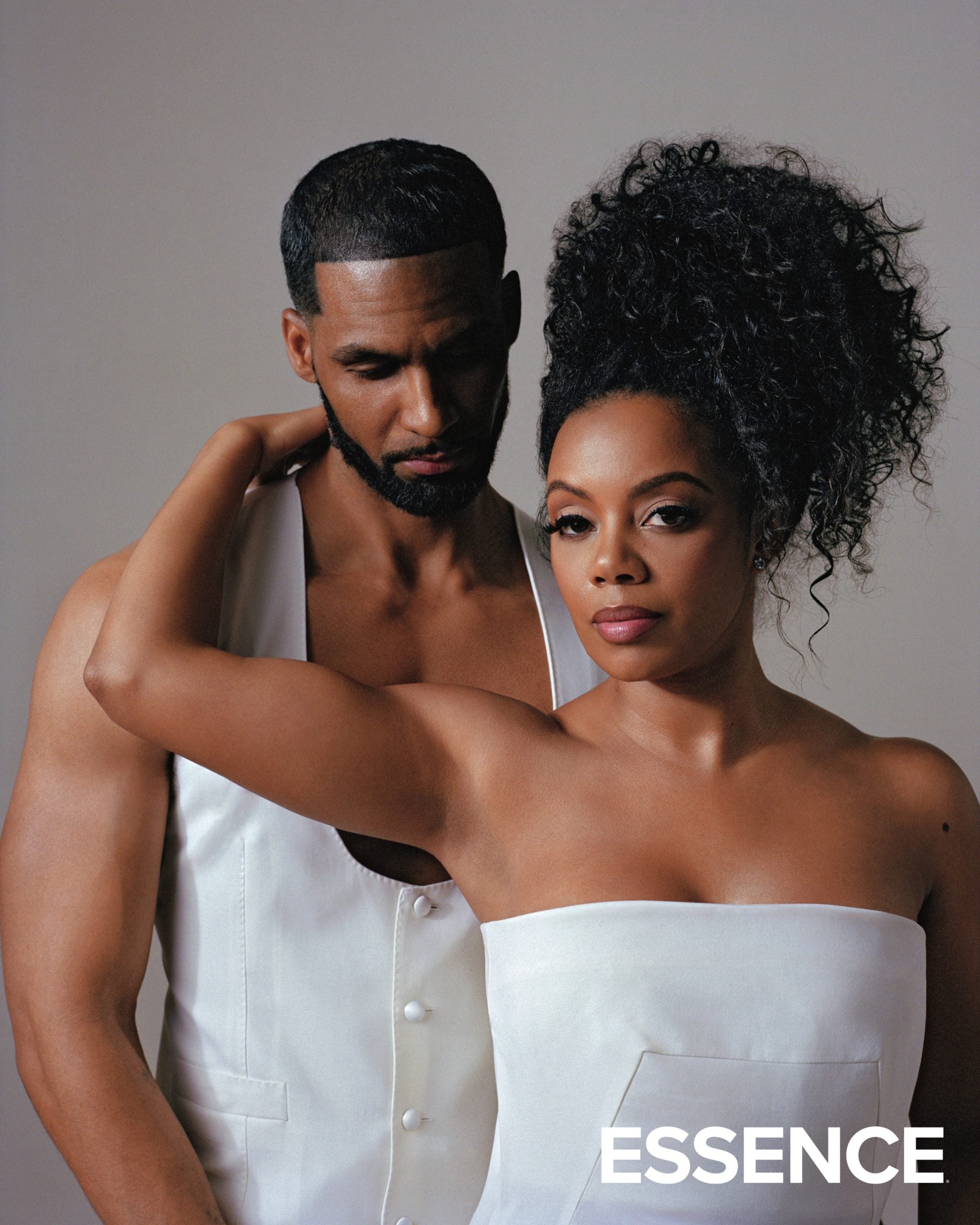
In the case of Mielle, even though Monique and Melvin have assured consumers that they have no intention of reworking their tried-and-true formulations, social media users expressed some skepticism. “Mielle being acquired by P&G is expected, but they said it’s to increase availability and that formulas will not change. Hmmm. Okay,” one user stated. That post was followed by many more expressing a feeling of disappointment in the newly announced collaboration. “Mielle partnered with P&G; we truly can’t have anything,” another user wrote.
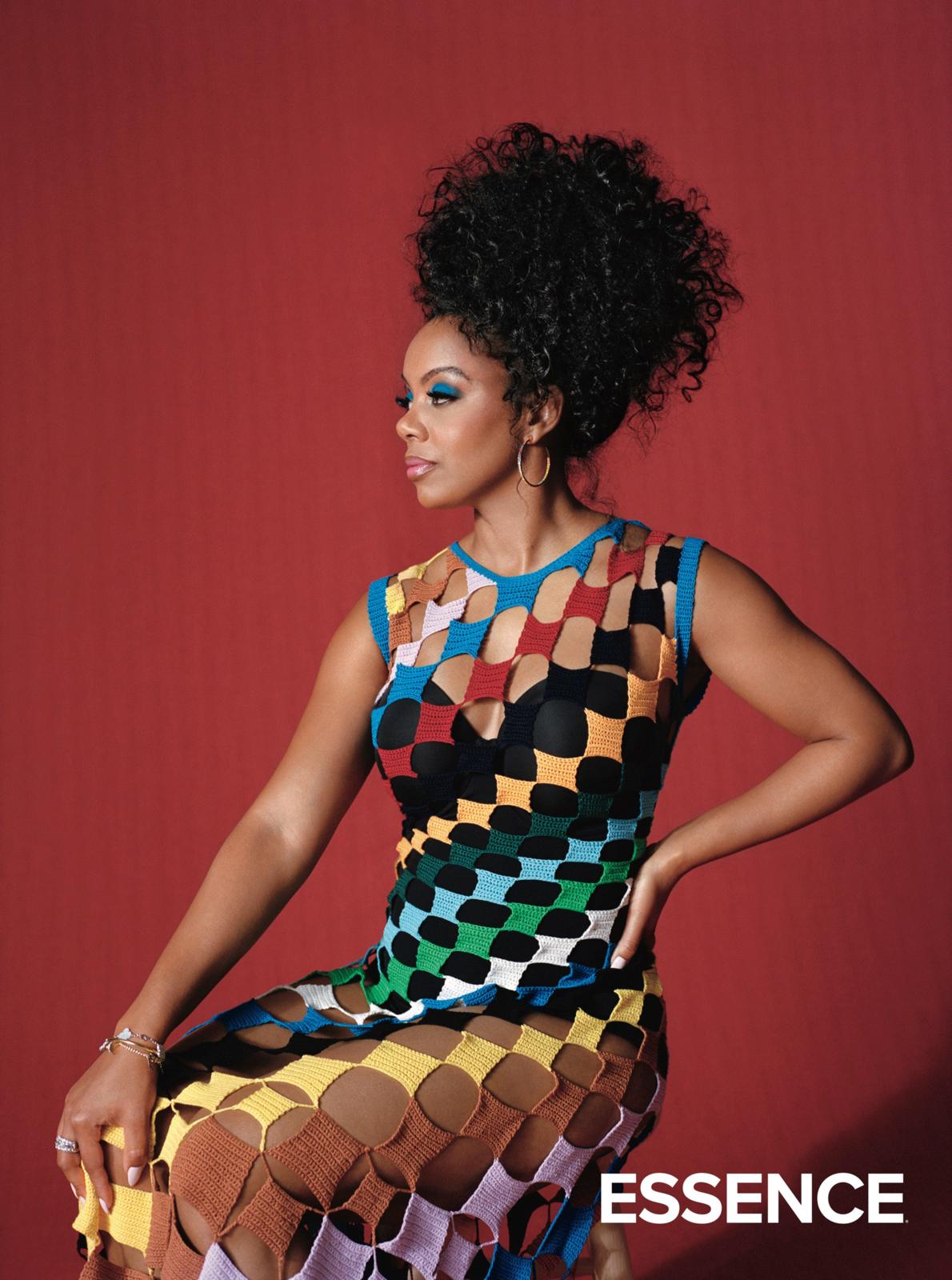
A month before the brand’s new partnership, social media influencer Alix Earle went to her TikTok to discuss her favorite Amazon purchases—a common practice among many influencers on the app, who receive a commission if a viewer purchases from the direct link provided in their caption. In her clip, Earle recommended the Mielle Organics Rosemary Mint Growth Oil for her seemingly natural blonde hair, boasting, “I’ve only been using this for a little over a month, and I’ve already seen tremendous hair growth.” Since her endorsement, a slew of additional videos has flooded the app—praising the product, showering deserving praise to the brand and welcoming a new audience to Mielle.
“When we entered into our first retail partnership, which was with Sally Beauty, it was a proud moment and a surreal experience.”
Despite the criticism, many are optimistic about the new partnership. Content creator and marketing consultant DonYe Taylor tweeted, “Mielle getting acquired by P&G is major on so many levels.” Responding to her, a user wrote, “Being acquired is the dream.”
Still, it can be bittersweet when outside communities discover beloved parts of Black life that are, quite frankly, sacred to our experience. This could be an interracial couple jumping the broom at their wedding, a head scarf being touted as the “summer’s hottest look” or, in this instance, a natural hair product largely utilized by Black women becoming the trendiest hair-growth product for White women. For centuries, our experiences have been ignored by the masses—so when a White woman declares her hair has seen tremendous growth from a product that has been on our countertop for years, we feel grief.
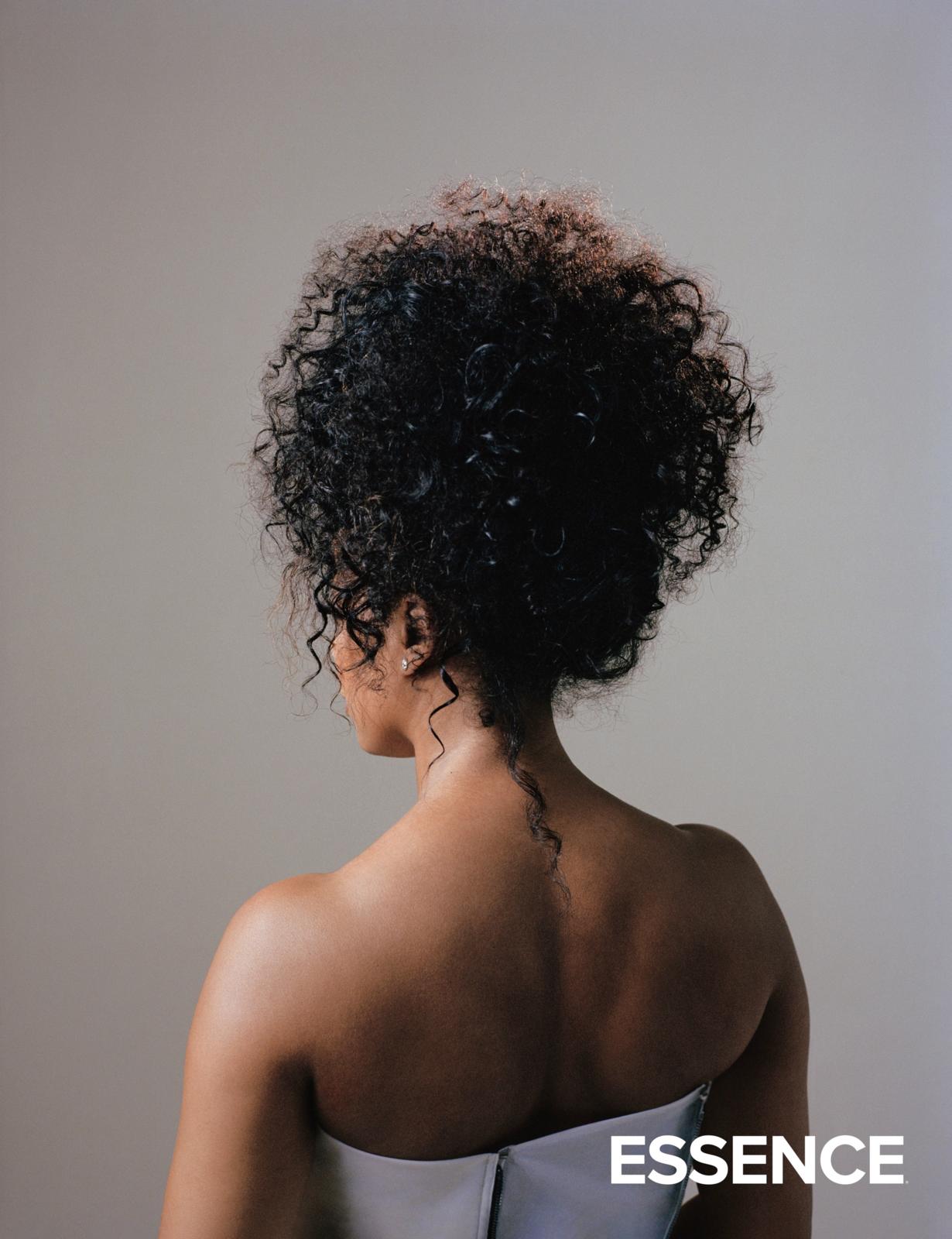
But for Black entrepreneurs, while serving their community is a priority and often also an expectation, scaling their product to reach the widest possible market has always been the goal. Less than 1 percent of Black women are able to secure a $1 million investment into their business. For Mielle, even after securing funding from New Voices Fund, founded by ESSENCE Ventures CEO Richelieu Dennis, and a nine-figure investment from Berkshire Partners, the brand still faced a disadvantage when trying to meet the needs of an ever-expanding consumer base. After Earle’s video went viral, longtime customers found it challenging to purchase Mielle’s hair-growth oil, as it was suddenly sold out. In desperation, some Black content creators even trolled the Internet, saying that the product would make you bald—the direct opposite of what the formula actually does, but a “funny” attempt to keep the product “in house.”
“We understood that our attitude was going to determine our altitude…”
Monique and Melvin both welcome their new audience, while continuing to pour into their own community. In part, they’re doing this through a $10 million donation from both P&G and Mielle Cares, the brand’s nonprofit, which provides information and resources to advance initiatives important to Black and Brown communities. “We all, as a Black community, deserve to live a life with no limitations,” says Melvin. “We want to encourage our communities to change how we think about things—because when we do that, doors begin to open, opportunities begin.”
In the new partnership, Monique will remain CEO of Mielle and Melvin will continue as COO; they both affirm that the brand will only get stronger. Both sides stand to benefit in terms of philanthropy: For P&G, the collaboration with Mielle highlights the company’s commitment to investing in Black-owned brands, while for Mielle, the resources of P&G help them to create a clear pathway to global success. “It allows us to advance initiatives in the Black and Brown community, such as education, entrepreneurship and mentorship,” Monique explains. “We feel that those three pillars are very important, because they allow Black businesses to scale and grow and do even more for our community.”
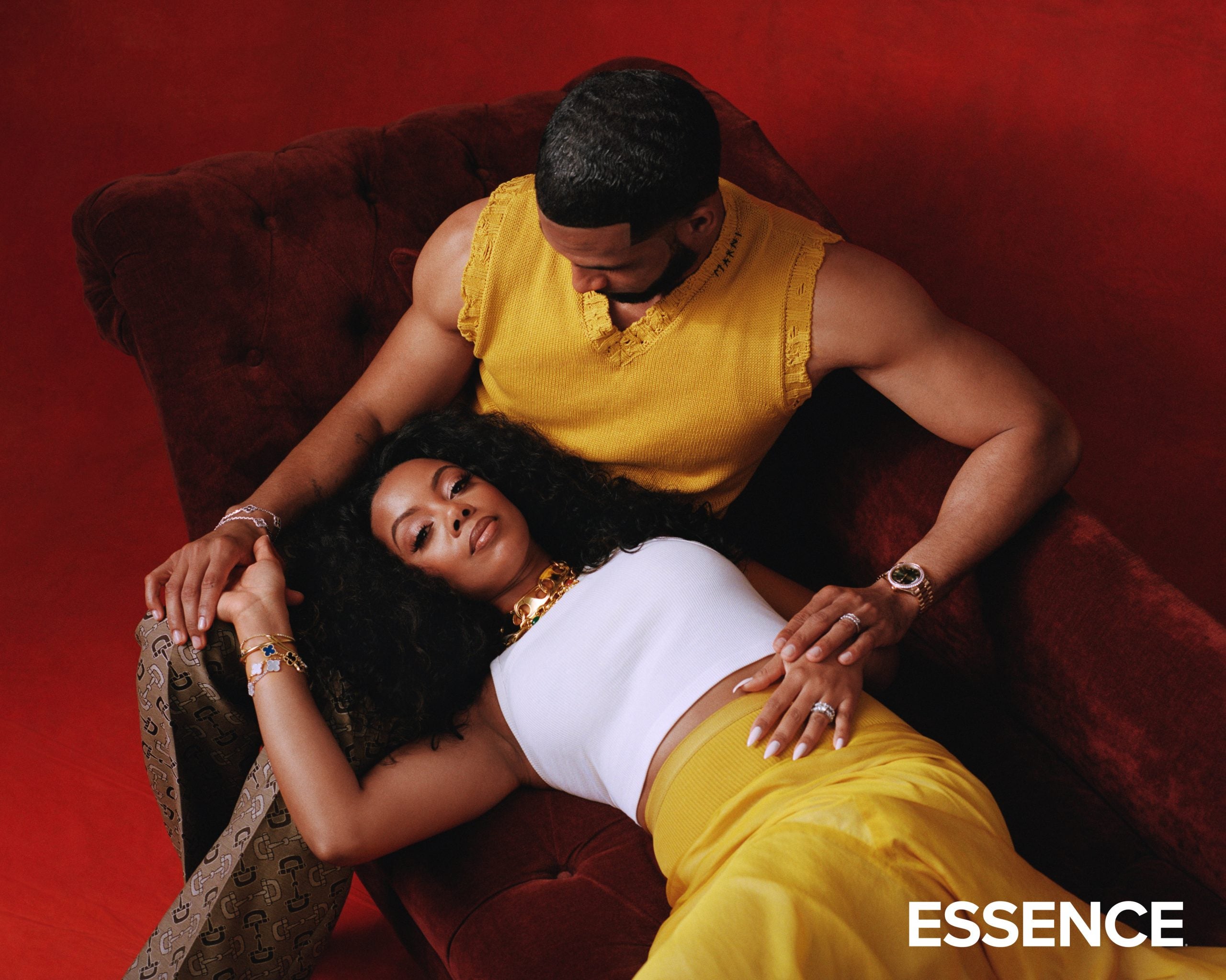
But concerns remain about the brand’s future. While acquisitions such as these can come with more access, they can also impact the integrity of the product. Still, Mielle’s founders aren’t worried. The organic ethos of their brand is what makes the company so versatile, and Monique says that won’t change. “We like to use high-quality ingredients that address the needs of the consumer,” she says. “So we feel that sourcing natural ingredients and raw materials helps our formulations to actually perform and work on our consumers’ hair. The Rosemary Mint Scalp & Strengthening Hair Oil has over 33 essential natural oils in the product, for example. And all of those oils are focused on scalp care and nourishing the follicles.”
And while Black women’s hair care needs remain the brand’s inspiration and its primary focus, these organic ingredients are equally beneficial for anyone who picks up the product to experience exponential hair-growth success. That’s why even though Mielle is currently sold in stores like Walgreens, CVS and Ulta, to name a few, according to the couple—and customers on TikTok—the products continue to be scarce on shelves, due to the brand’s exploding popularity.
Of course, there’s nothing wrong with a brand deciding to go macro. It’s how business works, after all. But when a Black-owned brand decides to scale, there’s no avoiding the controversy around its growth decision. Mielle is resolved to meet the concerns head-on. “We have the vision to take our branding global and penetrate all households around the world,” Melvin sums up. “And we understood that we needed more. But even more important, for us, was that we needed help to continue to serve the underserved.”
Mielle’s success can be attributed to its clean products and trendy brand design—as well as to its founders determination to lead with Black love and the belief that “all things are possible with God.” The couple’s confidence in their faith and marriage has led them to embrace power and success in their union—which began in high school, when Melvin had a crush on Monique. Even back then, they were a team. “We understood that our attitude was going to determine our altitude,” Monique says, “and that meant we had to lock in as leaders early on, so that when our employees see us, they see true leadership and cooperation.”
It’s hard to argue with Black success—but because so few entrepreneurs of color are even given the opportunity to take their brands to wider markets, the effect scaling has on our community can be hard to grasp. More Black-owned companies are beginning to recognize that investing in diverse consumer bases is a sound business plan; however, it requires care, especially when it comes to getting the message out to loyal customers that they still matter and will not be left behind. Seen in this light, the historic collaboration between Mielle and P&G ushers in new possibilities for Black business owners, Black success and Black expansion. It turns out that the revolution has an upside, and it’s Black prosperity.
Production Credits
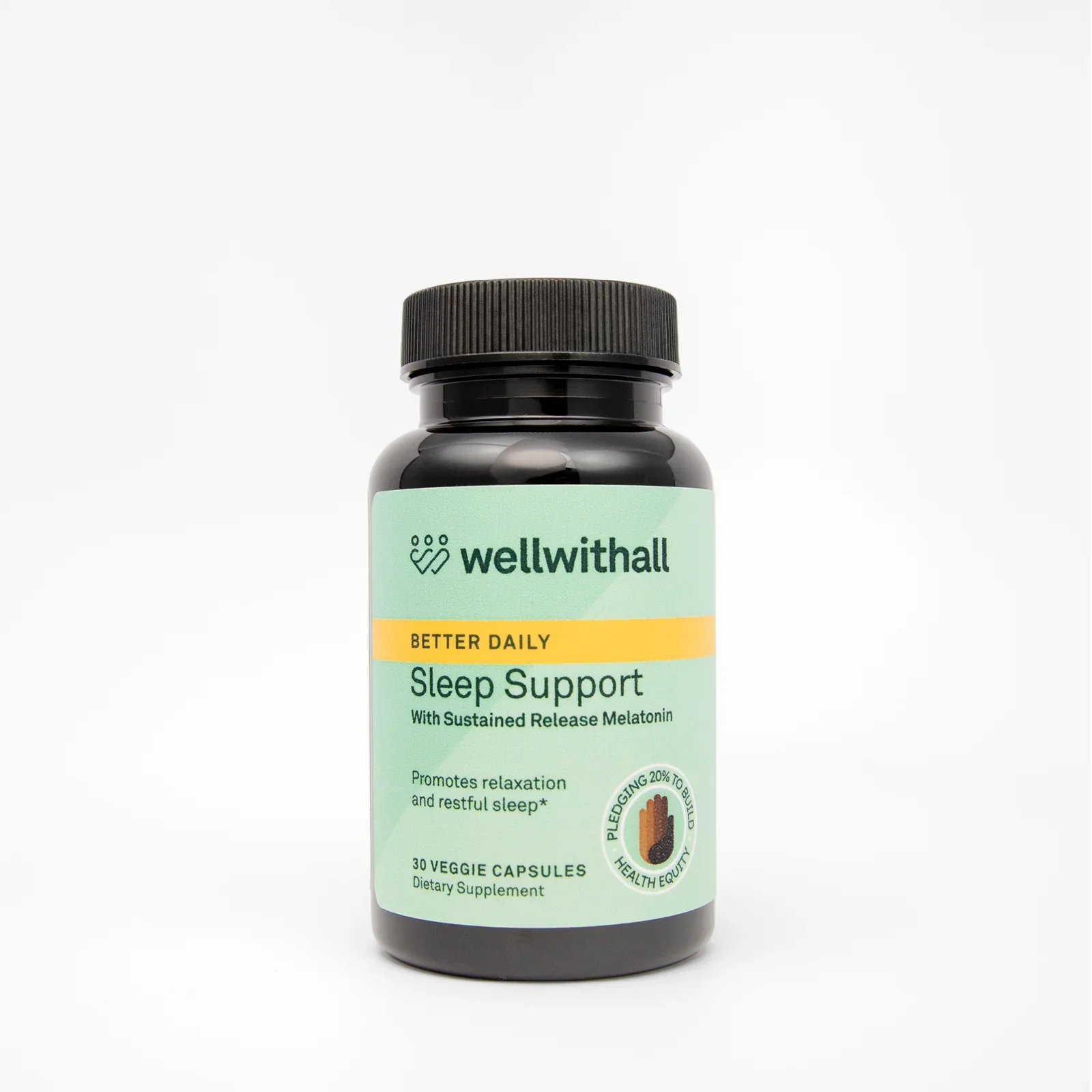
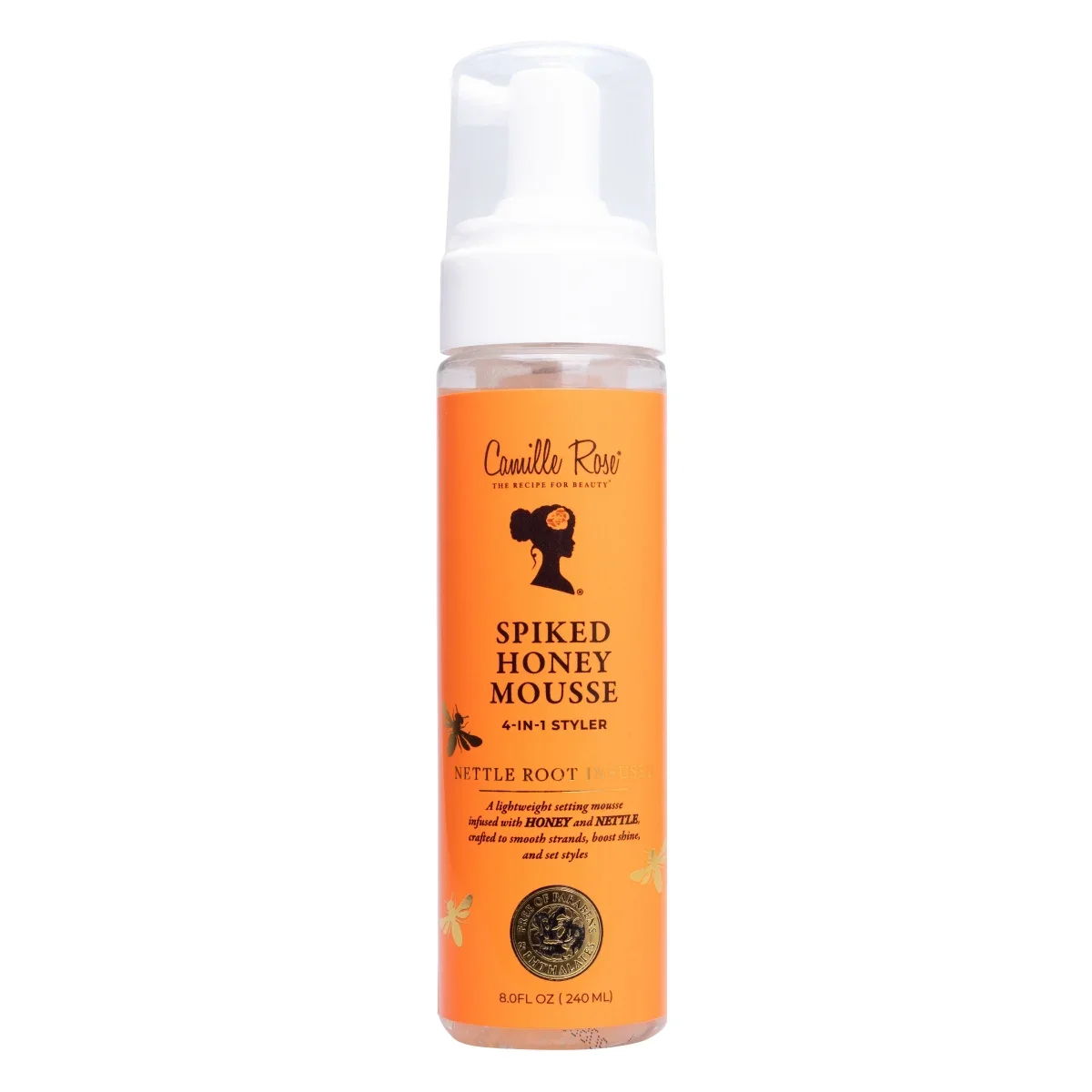
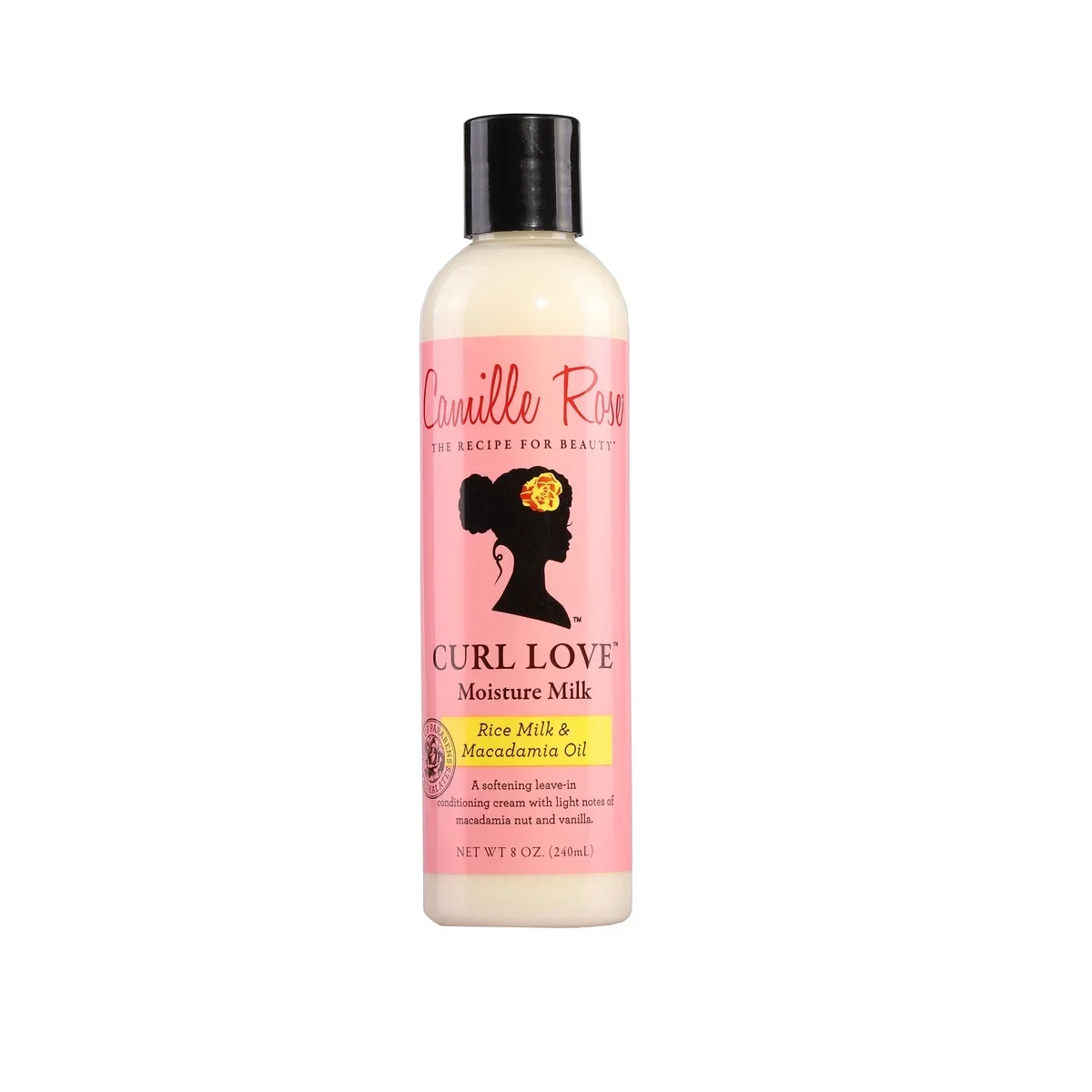
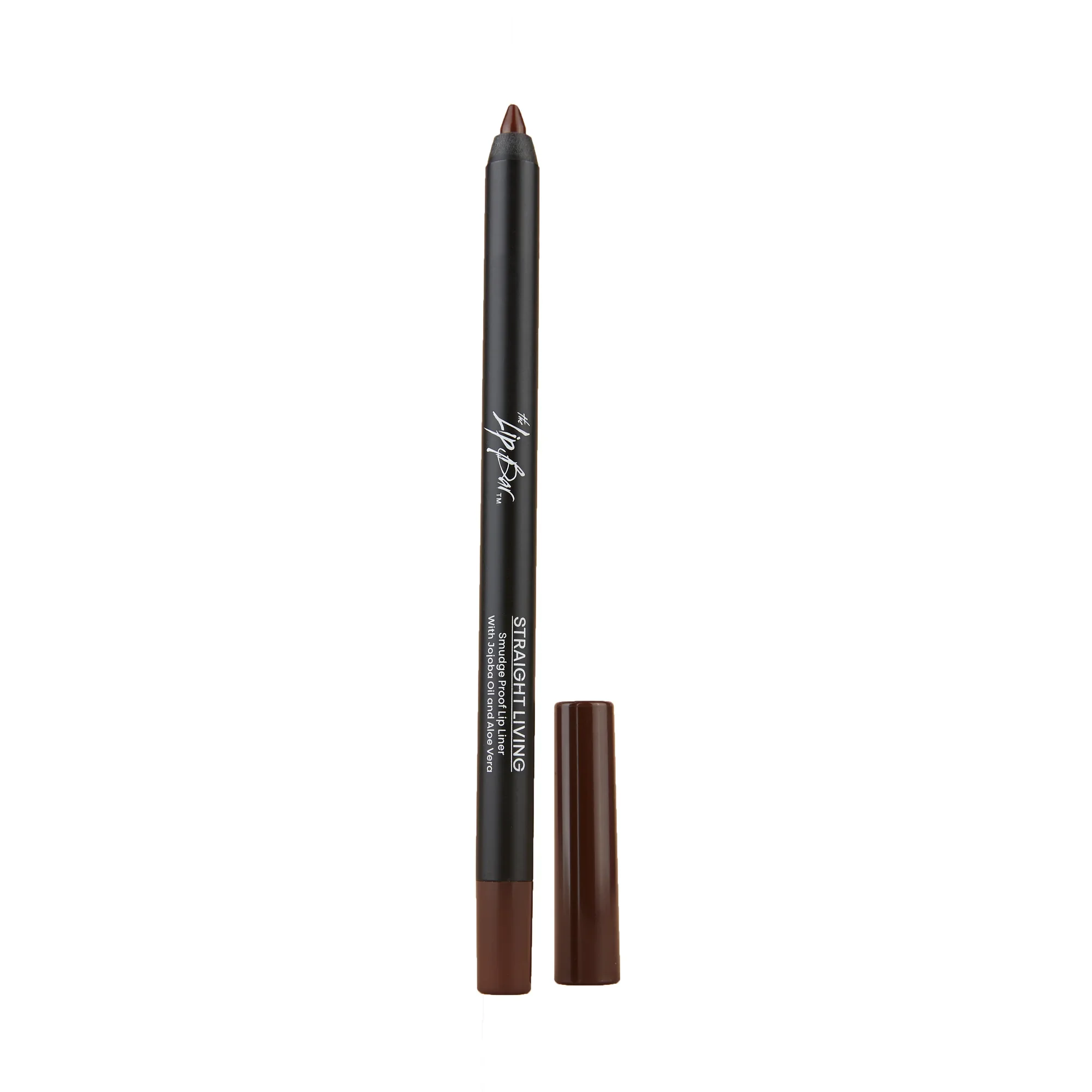
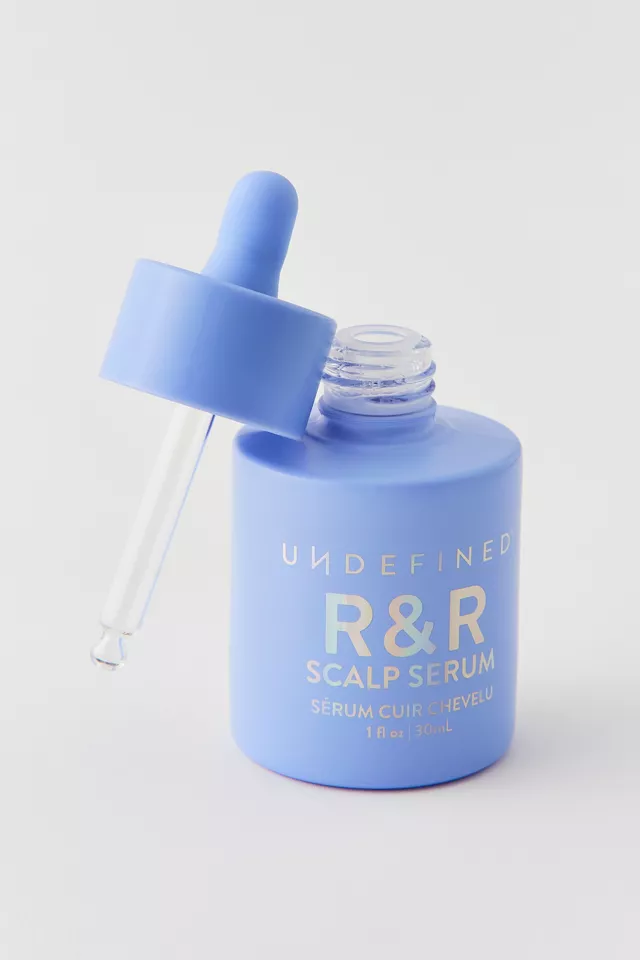
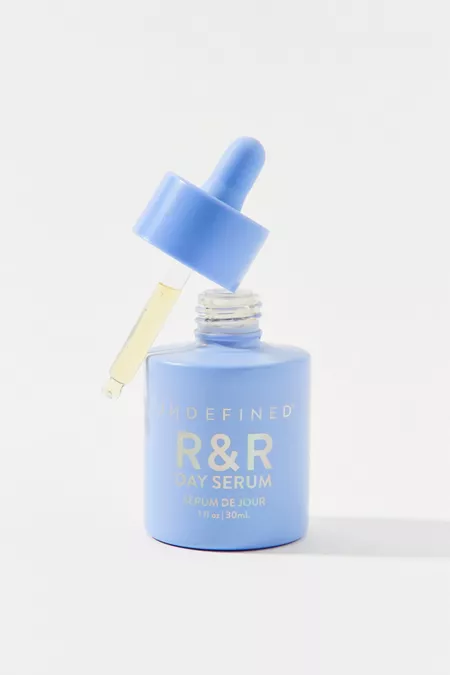
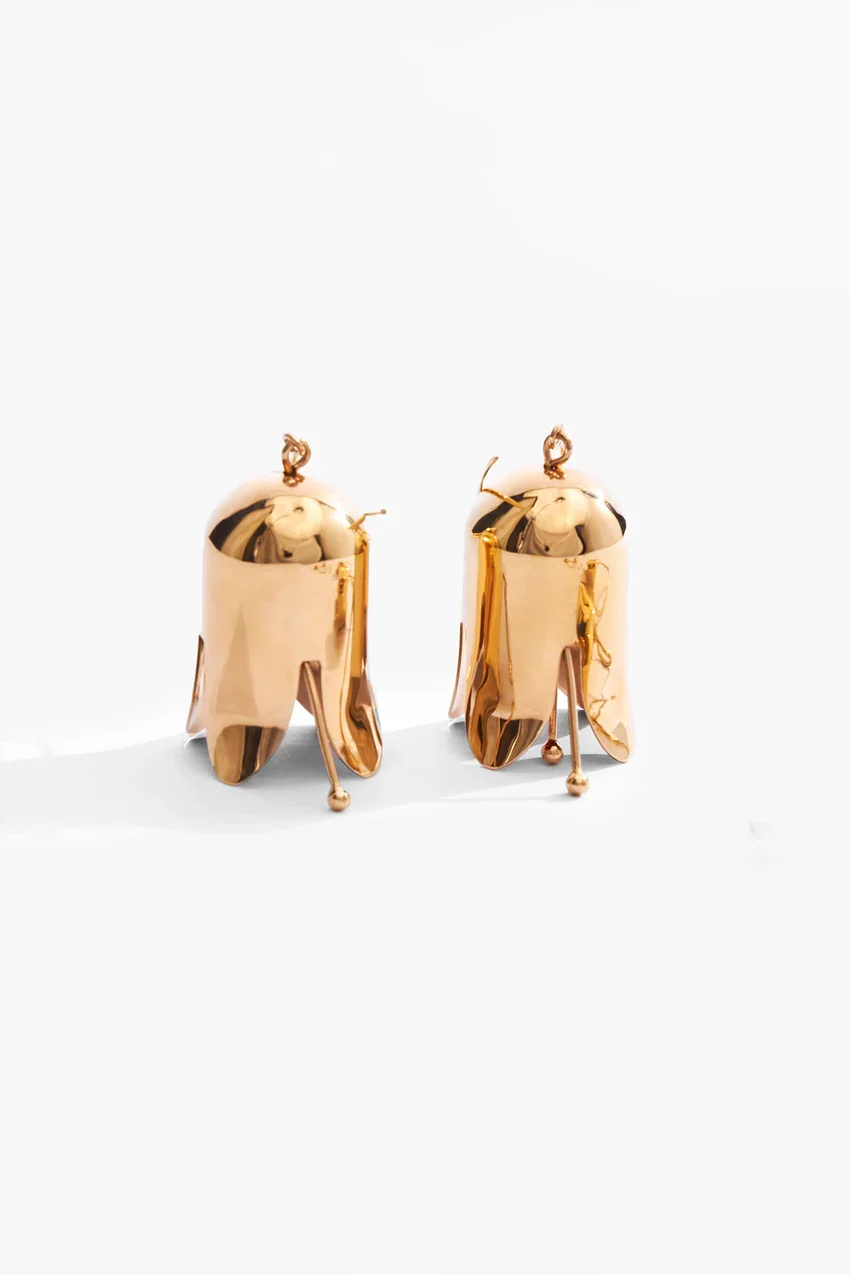
Photography: Kennedi Carter.
Stylist: Jeremy Haynes
Hair: Jatina Nixon using Mielle.
Makeup: Jerlicia Hobson using Haus Labs and NARS at Teknique Agency.
Manicurist: Etsuko Shimatani at Artist Management.
Barber: Corey Gayles using Mielle.
Set Designer: Tom Criswell at MHS Studios.
Set Design Assistants: Andres Velez and Lheyar Benavides.
Tailor: Daniela Emery.
Lighting Director: Brian McGuffog.
Digitech: Dominic Escalante.
Photographer Assistant: Christopher Morel.
Stylist Assistant: Stefan Hill.
Production Assistants: Michelle Riverón & Devaughn McGann.
Special thanks to Freehand Miami & The Standard Spa, Miami Beach.
Production: The Morrison Group.
*Mielle Organics is a part of the New Voices Fund, which was founded by Richelieu Dennis, chairman of ESSENCE Ventures.
